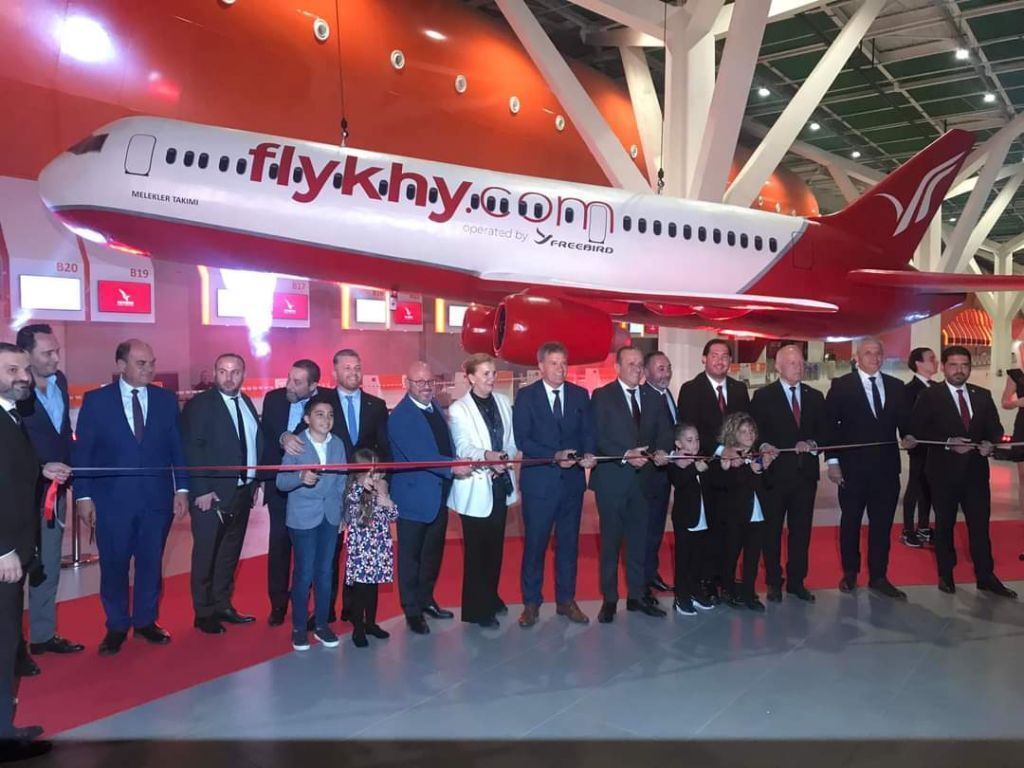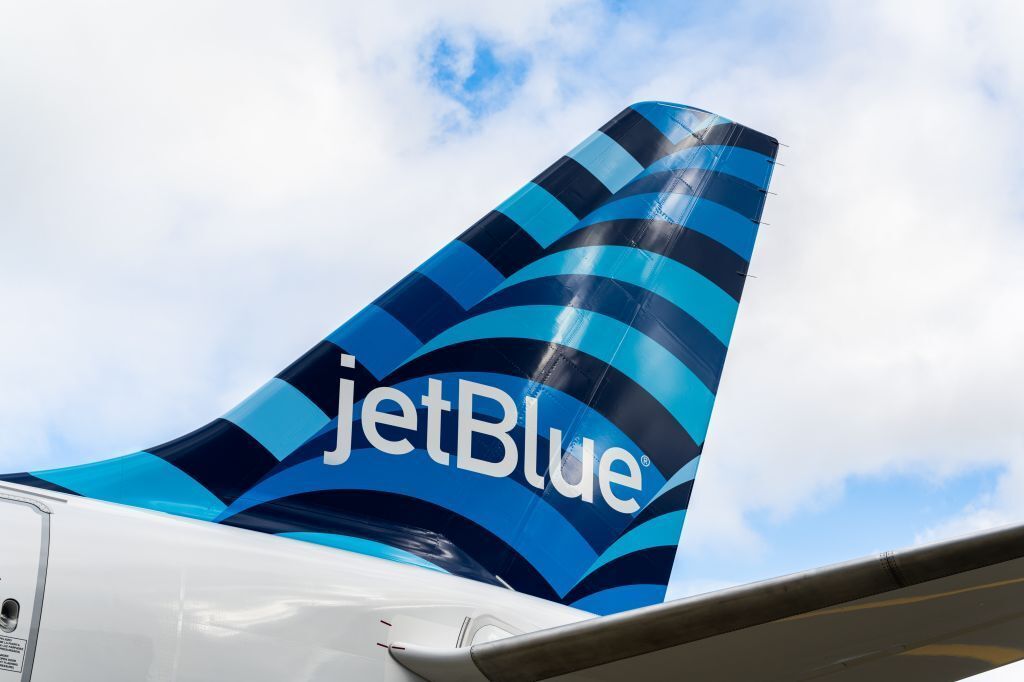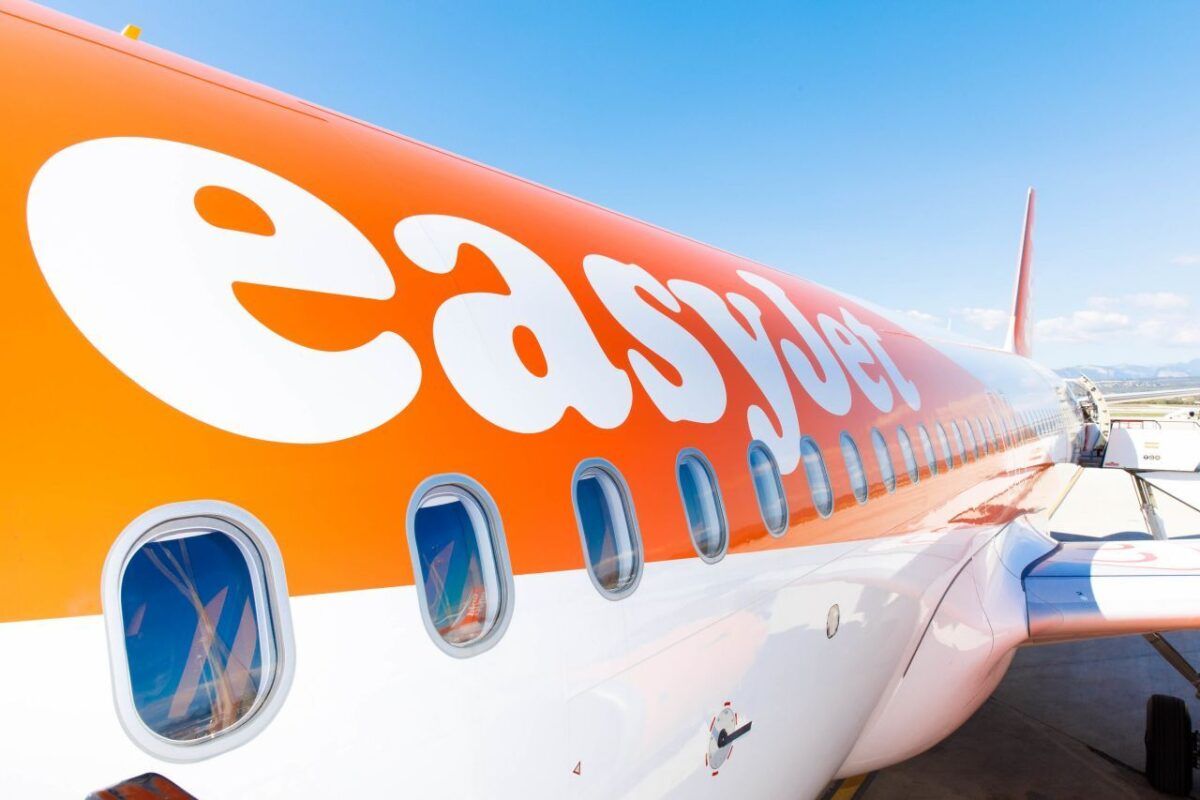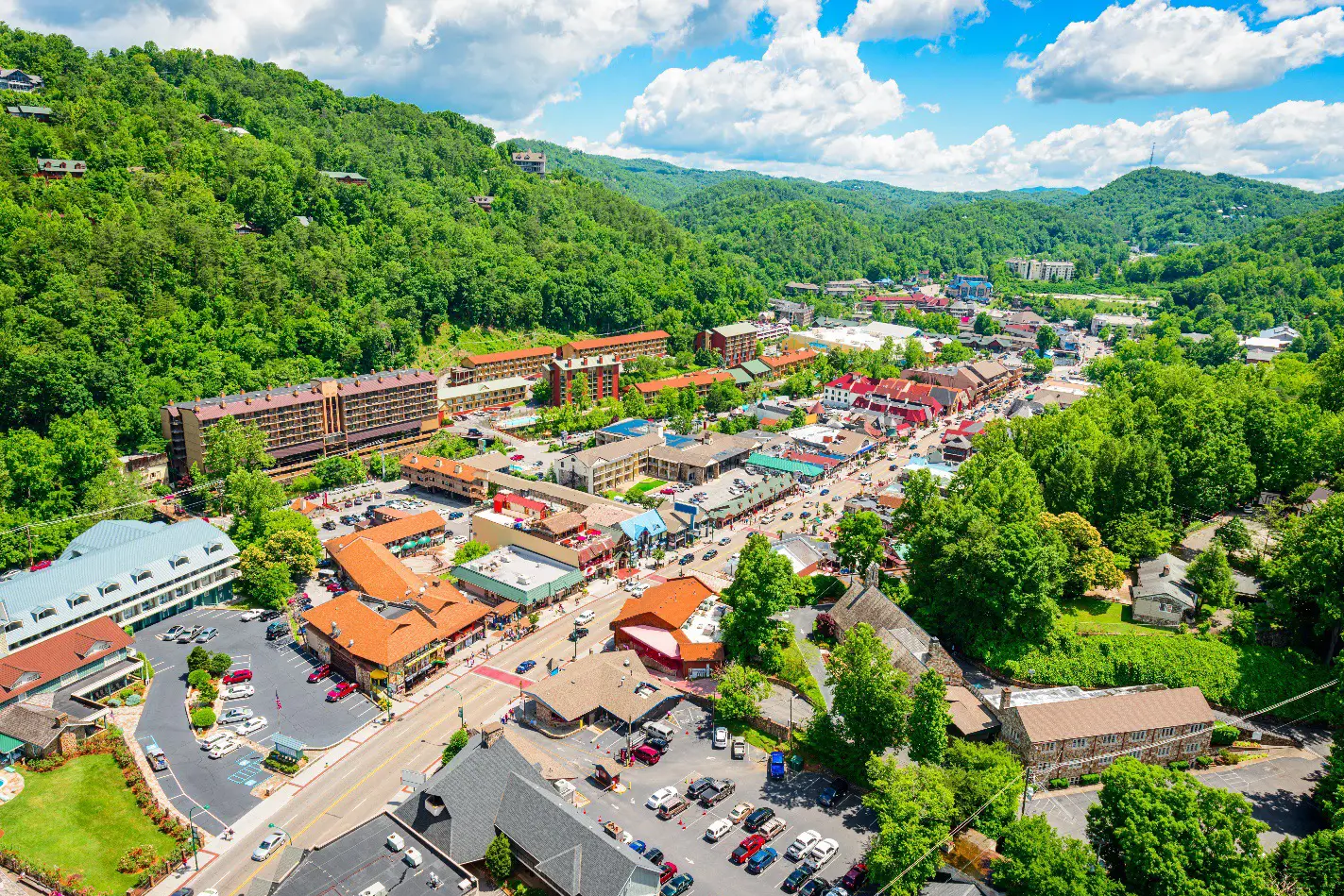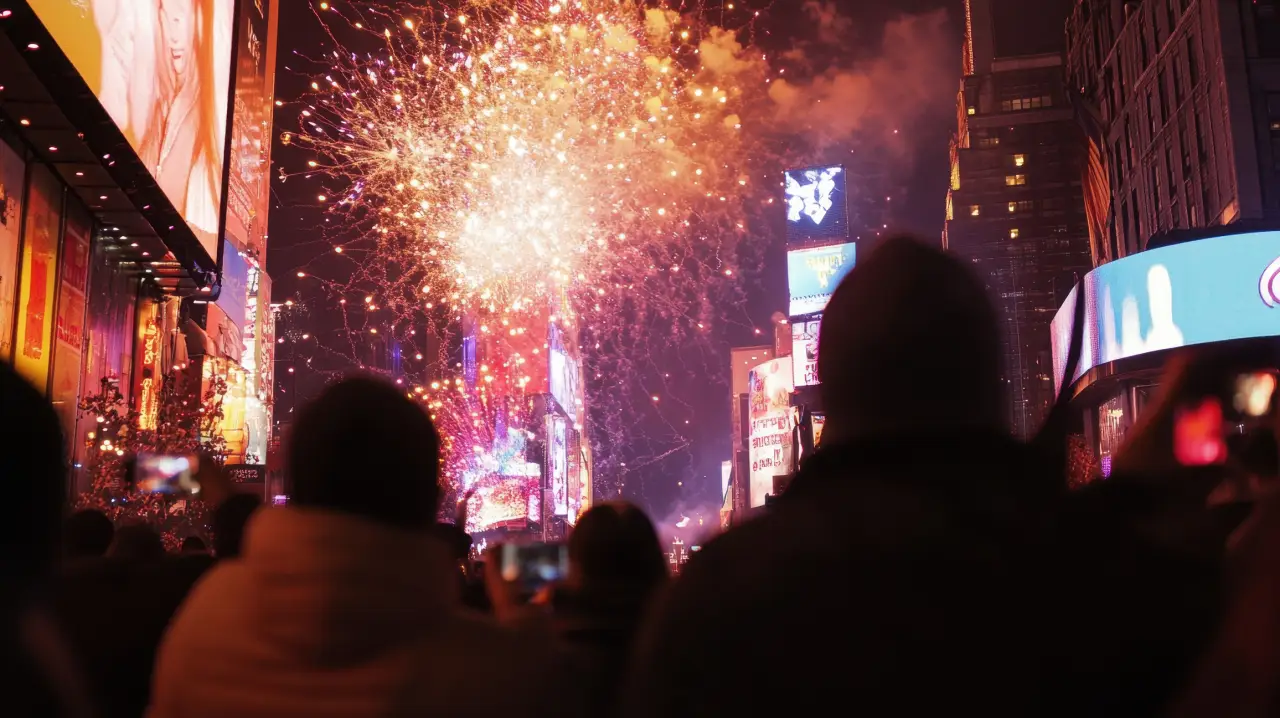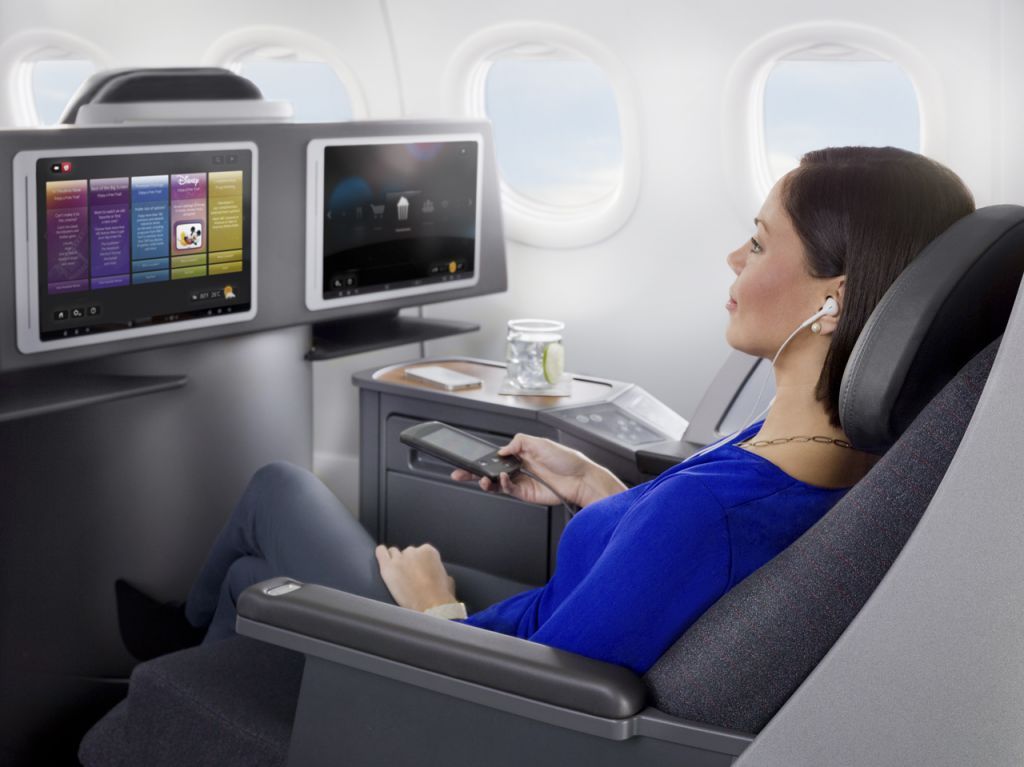On 15th October, Hong Kong and Singapore have reached an in-principle agreement to establish a bilateral Air Travel Bubble (ATB), which would allow leisure travel between them to restart in November.
The announcement triggered an immediate release of pent-up demand.
In the week that followed, flight searches for travel from Singapore to Hong Kong, which had been flat since the beginning of the COVID-19 crisis, soared to 50% of 2019 levels, while bookings jumped to 30%.
The main focus of travellers’ interest is the Christmas holiday period, with the peak dates for flight searches to Hong Kong covering the weeks of 10th, 17th and 24th December. When it comes to tickets, travel has been booked throughout December, with the 18th – 25th being the peak travel dates. Unsurprisingly, the vast majority of people, over 80%, will be travelling for leisure or to visit friends and relatives.
Deeper analysis by ForwardKeys suggests that tourism-dependent retailers based in Hong Kong are likely to be significantly happier than their counterparts in Singapore; because the immediate uplift in flight bookings from Singapore to Hong Kong is more than three times higher than in the opposite direction.
On 23rd March, Singapore and Hong Kong announced that their borders would be closed to all foreign travellers. Since then, it has been almost impossible to fly between the two places (or anywhere else) and hardly anybody has been searching or booking travel.
Jameson Wong, APAC Director, ForwardKeys commented: “This bilateral Air Travel Bubble is a milestone arrangement as it will be the first moment international leisure travel is permitted again in our region. The immediate rush of bookings is significant because it proves that people want to travel and they will travel, as soon as the right safety protocols are put in place and government-imposed travel restrictions are lifted. Our findings will provide a much-needed breath of fresh air and hope to the multitude of businesses and individuals that rely on travellers for income. We can expect material gains in travel demand, certainly more than what we are tracking right now, when the policy is implemented and when the precise details of the Singapore-HK travel bubble are announced. I am confident that other countries in the region will see this as a case study to guide their own travel facilitation initiatives in the near future.”






